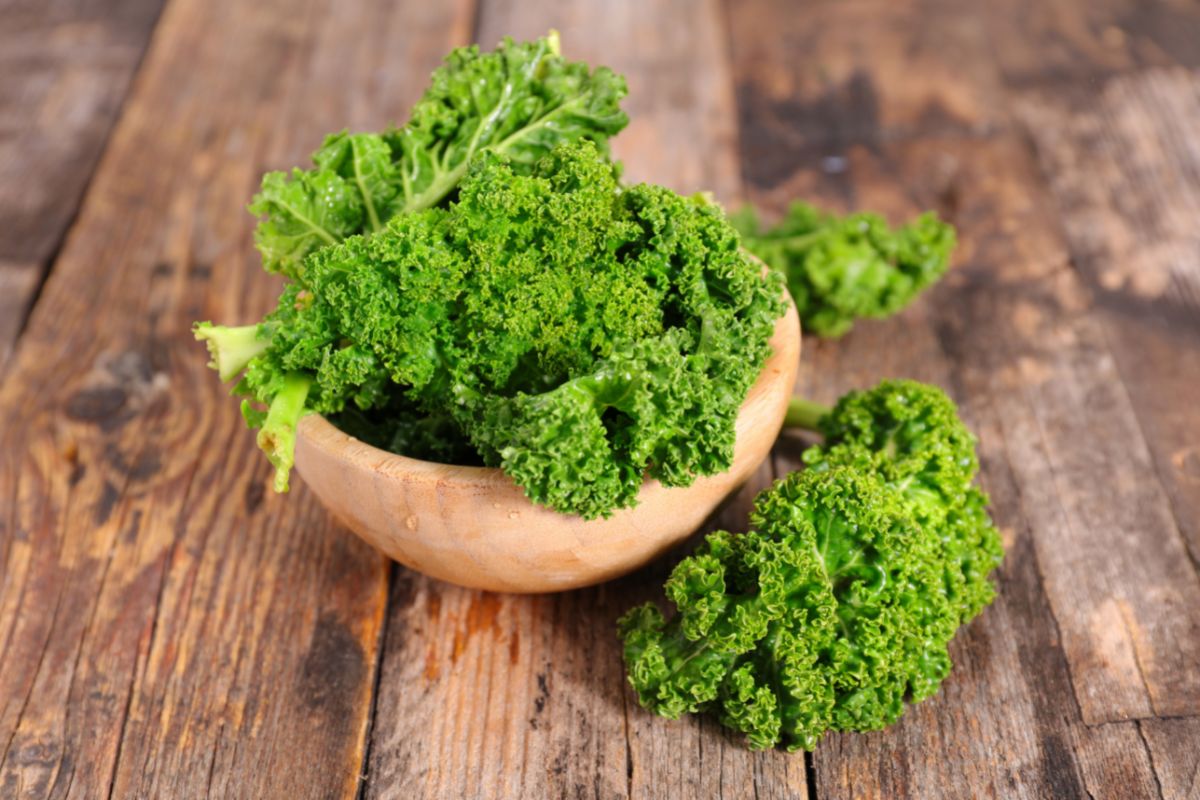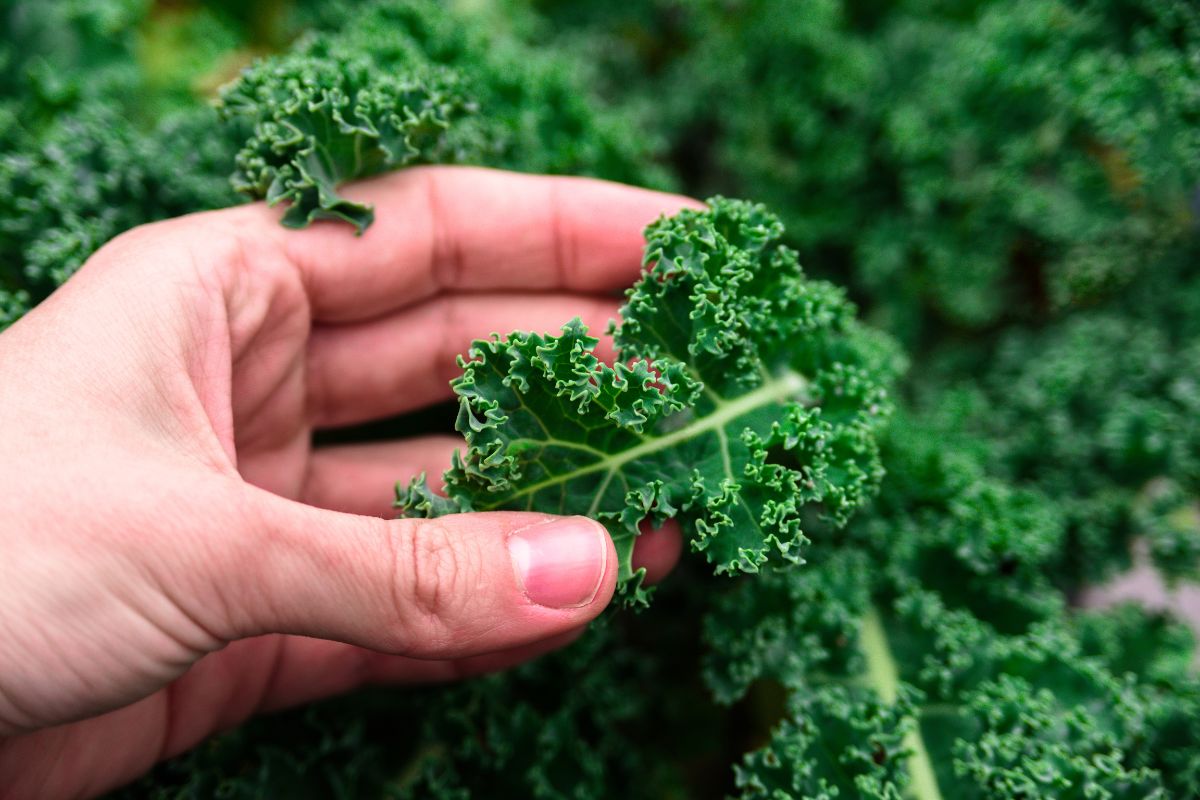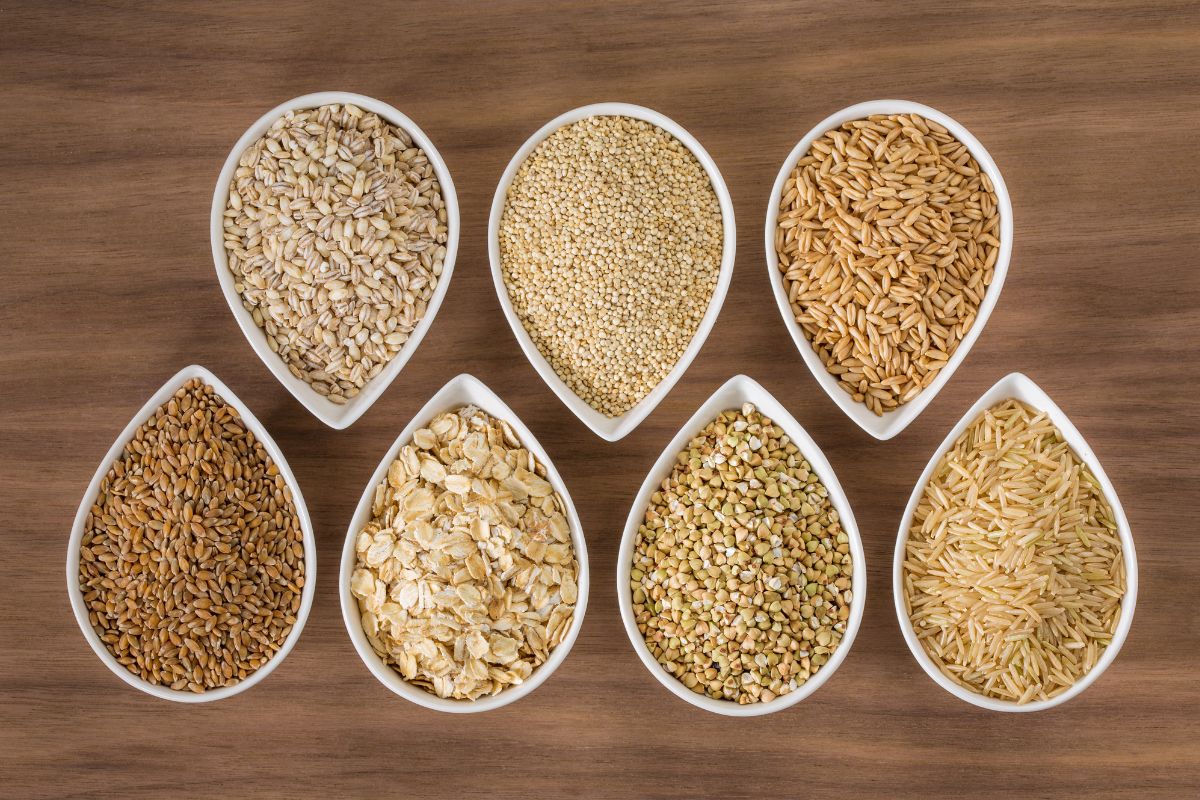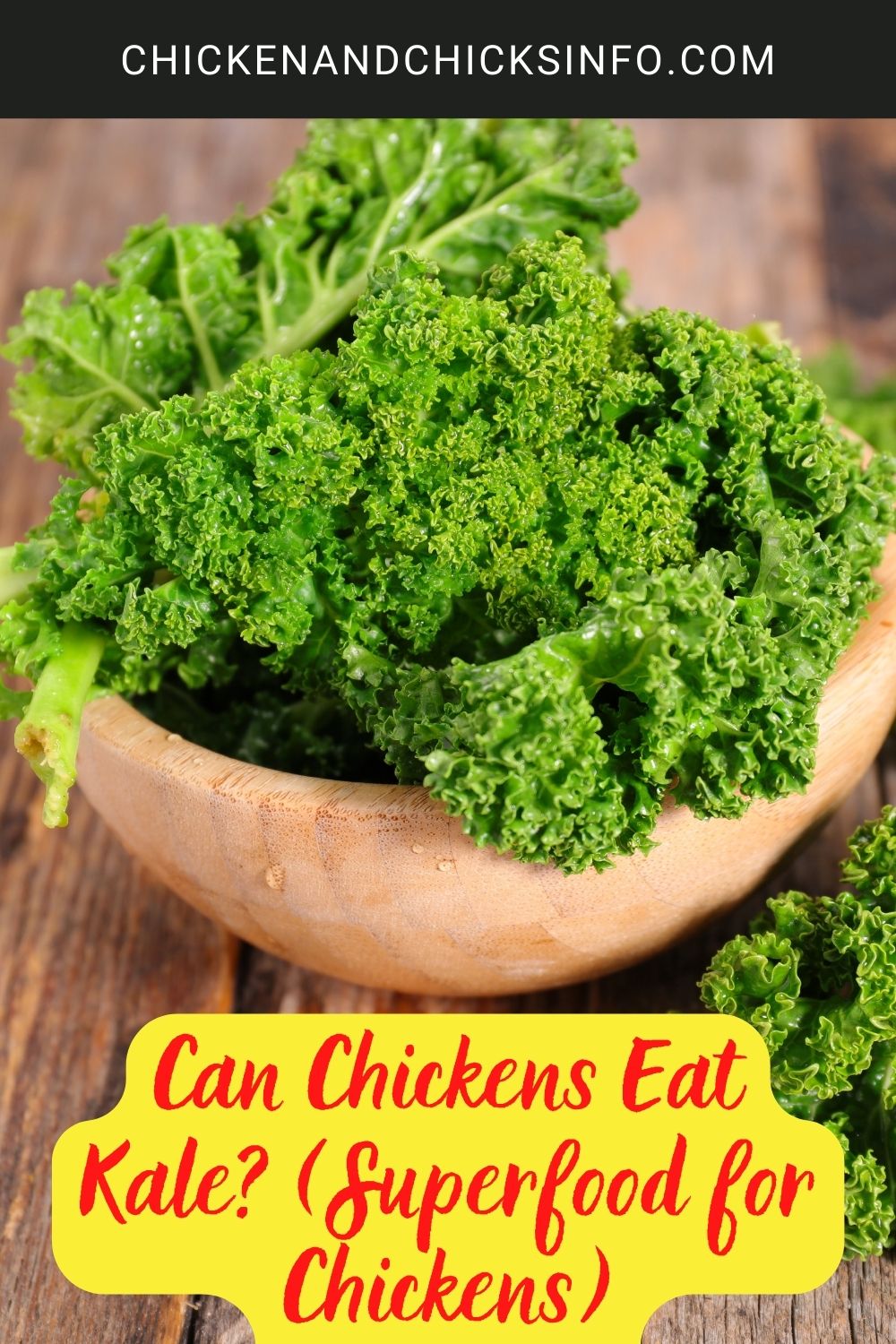
Yes, chickens can eat kale. In fact, kale is one of the most nutrient-dense foods on the planet, so there are plenty of health benefits for chickens - and you - to snacking on some kale leaves.
Jump to:
Is Kale Healthy for Chickens?
Kale is a superfood, so it’ll come as no surprise that it’s really healthy for both us and chickens.
Now, chickens do have very different dietary requirements to us, they can’t live on fresh veg and other foods we consider healthy - but rounding off their diet with foods like kale is beneficial for them.
The reason kale is a superfood is that it’s so nutrient-dense. A small amount delivers a lot of our daily value for various vitamins and nutrients.
Your chickens should be getting most of their dietary needs met from a good commercial feed. They should have feed available to graze on throughout the day.
Foods like kale and other table scraps, vegetables, fruits, etc are basically treats. A way to add some variety to their diet and have some fun feeding them.
How to Feed Chickens Kale

When feeding chickens leafy greens, the only real rule is to keep your fingers out of the way!
You can either chop 'em up a bit or leave them for the chickens to peck at as they're not too tough.
As long as you're handing the kale leaves over, your chickens are going to eat them. If you want to see just how much chickens love kale, check out this video:
Foods Chickens Should Not Eat
Kale is great for chickens, as are most veggies. There are some foods - some of which may surprise you - that are actually toxic however.
Here are some of the most common worse offenders. Make sure all of these are on the banned list for your chooks:
Chocolate – There are compounds in chocolate that are toxic to chickens. The same applies to most pets and small animals.
Raw Beans – Raw or undercooked beans contain lectins that are potentially toxic, and can even be fatal to chickens. Boiling them destroys the toxin, it’s something to be aware of if you grow beans.
Tea and Coffee - Both tea and coffee contain caffeine, which is toxic to chickens. Coffee also contains theobromine, the same compound that’s found in chocolate and is also toxic.
Green Tomatoes and Potatoes – Unripe tomatoes and potatoes that have turned green due to too much exposure to the sun contain a toxin called solanine. This toxin is harmful to chickens, and us for that matter.
Avocado Pits/Skin – Another toxin that’s well-known to most pet owners is the large stone and the skin of an avocado. The flesh is fine and delicious, but never give them the other parts of this fruit.
Greasy/Salty Foods – While not toxic as such, you have to respect that chickens require good-quality nutrition to stay healthy and lay tasty eggs. Giving them leftover junk food or foods high in salt and additives etc isn’t good for them.
Sugary Treats – Keep all the sugary foods, desserts rich in sugars, and other such foods to yourself. Sugary foods are hard for chickens to digest and not good for them.
Foods That Are Good for Chickens

If you’re looking for more foods that are good for chickens, I’ve put together a decent list below:
Vegetables – Most vegetables are fine. As long as they’re fresh and healthy for us, they’re going to be good for your chickens. Some of the best are cabbage, broccoli, carrots, etc.
Fruits – Most fruits are fine and are packed with loads of good nutrition chickens can benefit from. I’d say some of the most popular fruits are bananas, figs, apples, orange, berries, and melons.
Grains – Grains are a staple in most commercial chicken feed and scratch mixes. They provide energy, good nutrition, and help promote their natural foraging. Try feeding your flock some wheat, corn, oats, quinoa, etc.
Herbs - Herbs are interesting because they are leafy greens and have some unique wellness properties depending on which herb you choose.
In Summary - Can Chickens Eat Kale?
Yes, kale is one of the best leafy green vegetables you can give your chickens. It’s definitely an upgrade on its cousin, the cabbage - although cabbages are also fine.
As long as your chickens are getting most of their nutrition from a commercial feed formulated for their age, if they’re laying, molting, etc. It’s fine to give them some leftovers and scraps too.
So, next time you have some kale why not share some with your backyard friends and see how much they enjoy it.
Resources
The health benefits of kale - BBCGoodFood.com





